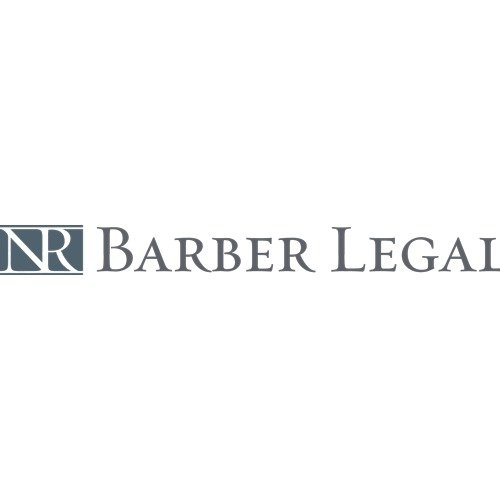Best Hiring & Firing Lawyers in Perth
Share your needs with us, get contacted by law firms.
Free. Takes 2 min.
List of the best lawyers in Perth, Australia
About Hiring & Firing Law in Perth, Australia:
The regulations governing hiring and firing in Perth, Australia are very intricate and are entrenched in the broader Australian national labor laws. These laws ensure a fair recruitment process and also protect the rights of employees during termination or dismissal. The Fair Work Act 2009 is the main legislation that covers these areas, providing minimum terms and conditions of employment in addition to a range of protections against unfair and unreasonable treatment.
Why You May Need a Lawyer:
Due to the complexities of labour legislation and the potential legal consequences of mishandling employment matters, guidance from a skilled lawyer may be invaluable. Situations that may necessitate legal assistance include handling complex dismissals, dealing with allegations of unfair or unlawful terminations, or facing claims of workplace discrimination or harassment. Additionally, businesses may need advice when drafting employment contracts to ensure they are compliant with Fair Work laws.
Local Laws Overview:
In Perth and across Australia, the Fair Work Act 2009 governs most aspects of the employer-employee relationship, including hiring and termination practices. Important provisions include unfair dismissal protection for employees who have been with a company for more than 6 months, adherence to national employment standards, and procedures for dealing with serious misconduct or redundancy. The Fair Work Commission is the authority responsible for overseeing and enforcing these regulations.
Frequently Asked Questions:
1. What is considered unfair dismissal?
Unfair dismissal as defined in the Fair Work Act 2009, is when an employee is dismissed, and the dismissal is deemed to be harsh, unjust, or unreasonable. This might occur if the employer does not have a valid reason for the dismissal or does not follow correct procedure.
2. What is unlawful termination?
Unlawful termination is when an employee is dismissed for reasons that are considered to be discriminatory, including racial or sexual discrimination, or because they've exercised a workplace right such as taking leave.
3. Can an employer dismiss an employee without notice?
Typically, an employer must provide notice or pay in lieu of notice when terminating an employee. However, immediate dismissal without notice may be possible in cases of serious misconduct.
4. Are there any protections for casual employees?
While casual employees do not have the same level of protection as permanent staff, they are still entitled to protection from unfair dismissal under certain circumstances and are protected against unlawful termination.
5. What is a redundancy?
A redundancy occurs when an employer either decides they no longer need an employee's job to be done or becomes insolvent or bankrupt. The dismissal must be carried out in accordance with lawful procedures to be valid.
Additional Resources:
For additional resources and support, consider contacting the Western Australia Department of Commerce, The Fair Work Commission, or the Australian Human Rights Commission. These bodies oversee and enforce employment standards and can offer advice and assistance.
Next Steps:
If you require legal assistance with hiring or firing matters, the first step is to consult with an experienced employment lawyer. They can provide the necessary advice tailored to your specific situation and ensure that your rights are protected. Additionally, make sure to document all relevant interactions and communications for reference in case of any legal proceedings.
Lawzana helps you find the best lawyers and law firms in Perth through a curated and pre-screened list of qualified legal professionals. Our platform offers rankings and detailed profiles of attorneys and law firms, allowing you to compare based on practice areas, including Hiring & Firing, experience, and client feedback.
Each profile includes a description of the firm's areas of practice, client reviews, team members and partners, year of establishment, spoken languages, office locations, contact information, social media presence, and any published articles or resources. Most firms on our platform speak English and are experienced in both local and international legal matters.
Get a quote from top-rated law firms in Perth, Australia — quickly, securely, and without unnecessary hassle.
Disclaimer:
The information provided on this page is for general informational purposes only and does not constitute legal advice. While we strive to ensure the accuracy and relevance of the content, legal information may change over time, and interpretations of the law can vary. You should always consult with a qualified legal professional for advice specific to your situation.
We disclaim all liability for actions taken or not taken based on the content of this page. If you believe any information is incorrect or outdated, please contact us, and we will review and update it where appropriate.















